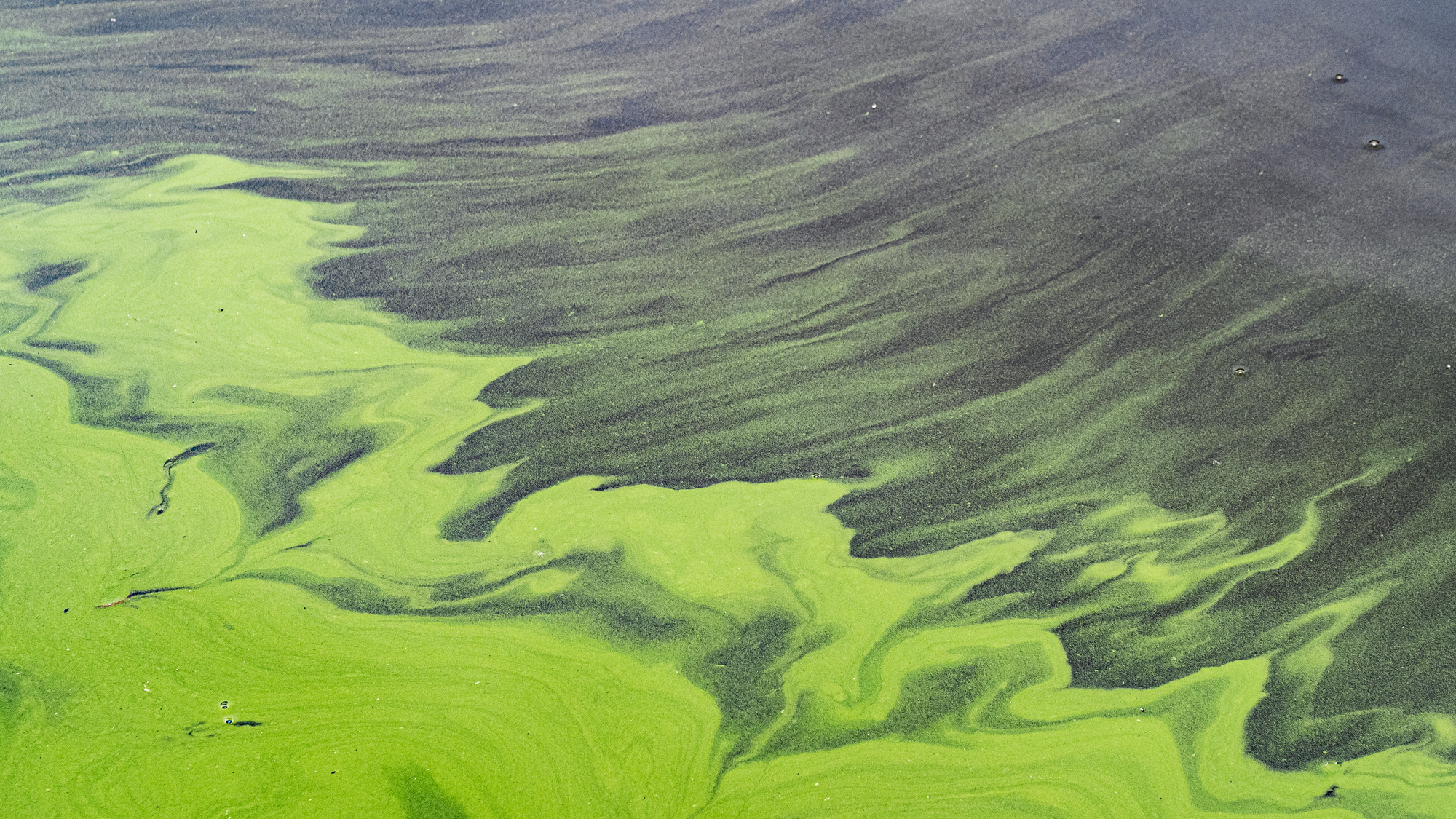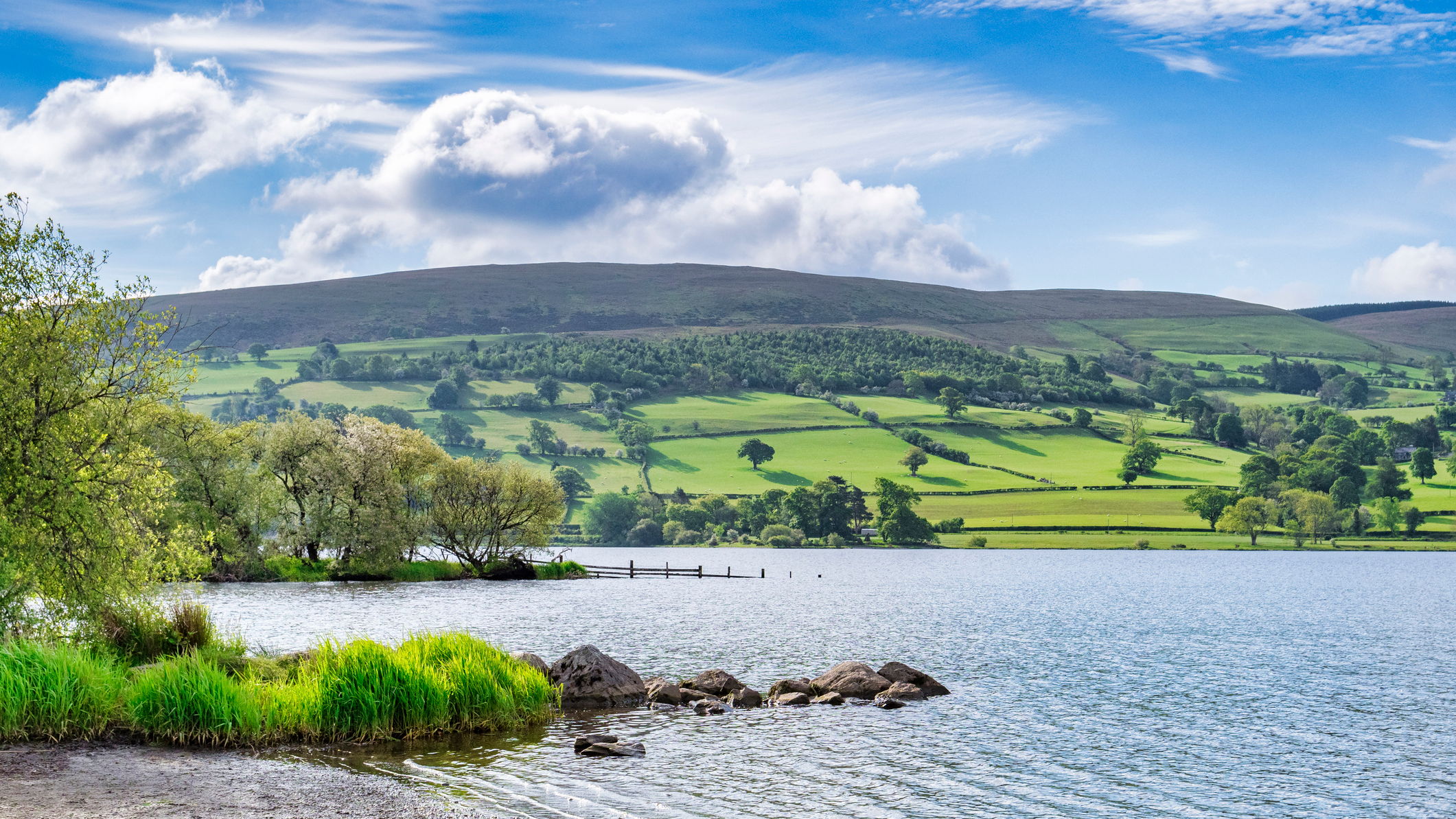“Please be careful and avoid contact” - safety warning over toxic blue-green algae in Wales’ largest lake
Open water swimmers in Snowdonia have been urged to steer clear of algal blooms in Llyn Tegid

All the latest inspiration, tips and guides to help you plan your next Advnture!
You are now subscribed
Your newsletter sign-up was successful
Authorities in Wales are urging people to stay out of the nation's largest lake after sightings of toxic blue-green algae blooms.
The dangerous bacteria have been spotted near the shoreline of Llyn Tegid, otherwise known as Bala Lake in Wales's Eryri National Park (formerly Snowdonia).
"Please be careful around the lake and avoid contact with the algae," warns a statement from park chiefs.
"If you're planning to visit Llyn Tegid, please familiarise yourself with the safety information on the public notice boards around the lake."
Home to 1.9 square miles (4.8km2) of serene open water, Llyn Tegid is a popular spot for open water swimmers. It hosts plenty of casual swims and several organized races each year, where swimmers compete in the shadow of Arenig Mountain.
What is blue-green algae?
Blue-green algae is a natural phenomenon that often appears in lakes during the summer months. It's caused by a combination of warm temperatures and nutrients, which discolor and increase toxicity in open waters.
But the blooms are "toxic to humans and animals, and skin contact with, or ingestion of the algae can cause mild to severe illness," continued the statement.
All the latest inspiration, tips and guides to help you plan your next Advnture!
Coming into contact with blue-green algae can cause the following:
- Vomiting
- Diarrhoea
- Skin rashes
- Joint and muscle pain
- Fever
How to check for water pollution
If you're keen to take a dip in open waters this summer, make sure to familiarise yourself with the potential dangers.
Check online for warnings and be vi yourself before getting in the water. Blooms are easily identified by brightly colored scum, which is often found near the shoreline.
Seek immediate medical assistance if you, somebody nearby, or a pet has come into contact with blue-green algae and starts feeling unwell.

You can look for blue-green algae and other pollutants like E. coli online at How's My Waterway map in the US and the Surfers against Sewage map in the UK.
For more on lake safety, check out our expert guide to safe open water swimming.
- The best changing robes: cocoon yourself post-swim in a protective layer
- The best water shoes: fast-draining, quick-drying and ready to take you from the shore to the sea

Will Symons developed his love of the outdoors as a student, exploring every inch of Sussex’s South Downs national park and swimming off the Brighton seafront. Now a staff writer for Advnture, Will previously worked as a freelance journalist and writer, covering everything from cricket to ancient history. Like most Advnture staff, Will’s free time is rarely spent indoors, he can often be found hiking, open water swimming or playing cricket.
